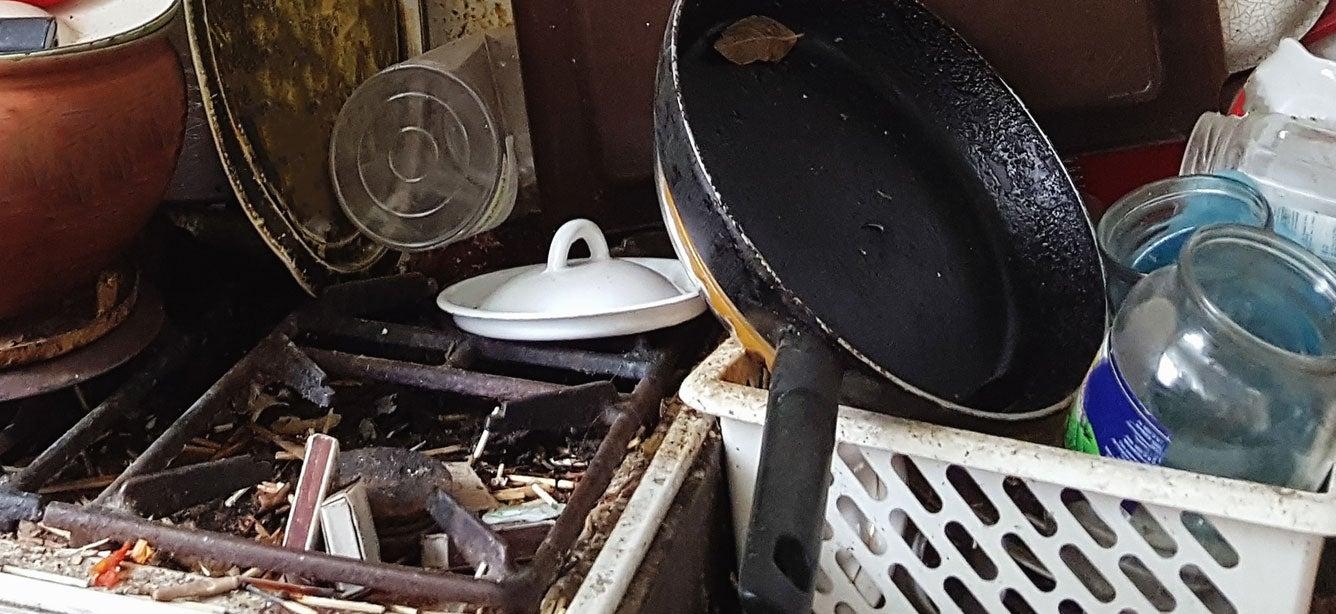When Should Caregivers Contact Protective Services?
3 min read

Caregiving can be a challenging responsibility, especially if you are not living in the same home as the individual(s) receiving care. As people age, situations and choices might occur that are not typical of their past behavior patterns. Their home may deteriorate or become unsanitary, people they would have been wary of in the past may become too close, they can isolate and refuse communication, or act in ways that are dangerous or irresponsible.
Someone aging into this state of vulnerability may not realize it, and if the caregiver is not in the same home day-to-day, deterioration and risky living/behavior may become a shocking realization.
At some point, it could be decided that action must be taken to protect the health and wellness of an aging adult. Often the best resource is your local Adult Protect Services (APS) agency.
APS are social services provided to abused, neglected, or exploited older adults, as well as adults of all ages with significant disabilities (in most states). Reports can be filed for people who live alone or with relatives or who are residents in nursing homes, assisted living facilities, hospitals, or group homes.
While activities vary by state, all Adult Protective Services providers follow these basic principles:
- The client’s right to self-determination
- The use of the least restrictive alternative
- The maintenance of the family unit whenever possible
- The use of community-based services rather than institutions
- The avoidance of blame
- That inadequate or inappropriate services are worse than none (U.S. Congress, 1981)
Considering when to contact APS is an important decision. There are three aspects to carefully think through before making the call:
- Competent older adults are entitled to their own decisions. If those decisions are made from a place of reasoning (even if some may disagree), it does not necessitate the involvement of APS. A discussion, visit, or thoughtful evaluation of the situation may provide more insight to better assess the situation.
- It is important to understand that a report to APS does not include a report back of findings or an outcome to the reporter. A visit with the aging adult is the best way to fully assess both the problem and the solution.
- Consider intermediate steps to take before calling protective services. This may include contacting nearby friends, neighbors, or relatives. If they participate with organizations or are part of a faith-based community, a person may be able to provide the insight needed to understand the situation. There are an array of agencies and organizations in every community that offer family and caregiver support services that are resources for caregivers who are not living with senior who may be at risk. Consult the Family Caregiver Alliance. Their Family Care Navigator tool helps family caregivers locate public, nonprofit, and private programs and services nearest their loved one—living at home or in a residential facility.
With these caveats in mind, you may find that reaching out to your local Adult Protective Services team is often the best possible step, especially with issues of health and safety. Adult Protective Services teams work hand in hand with other public agencies to offer targeted, multi-step solutions to complicated problems.
These can be painful, complicated, and heartbreaking situations that can take a toll on all who are involved. There are rarely “the right” answers. But know that whatever the concern, professionals are familiar with a multitude of situations and problems and are in place to help. Get help now in your area.
